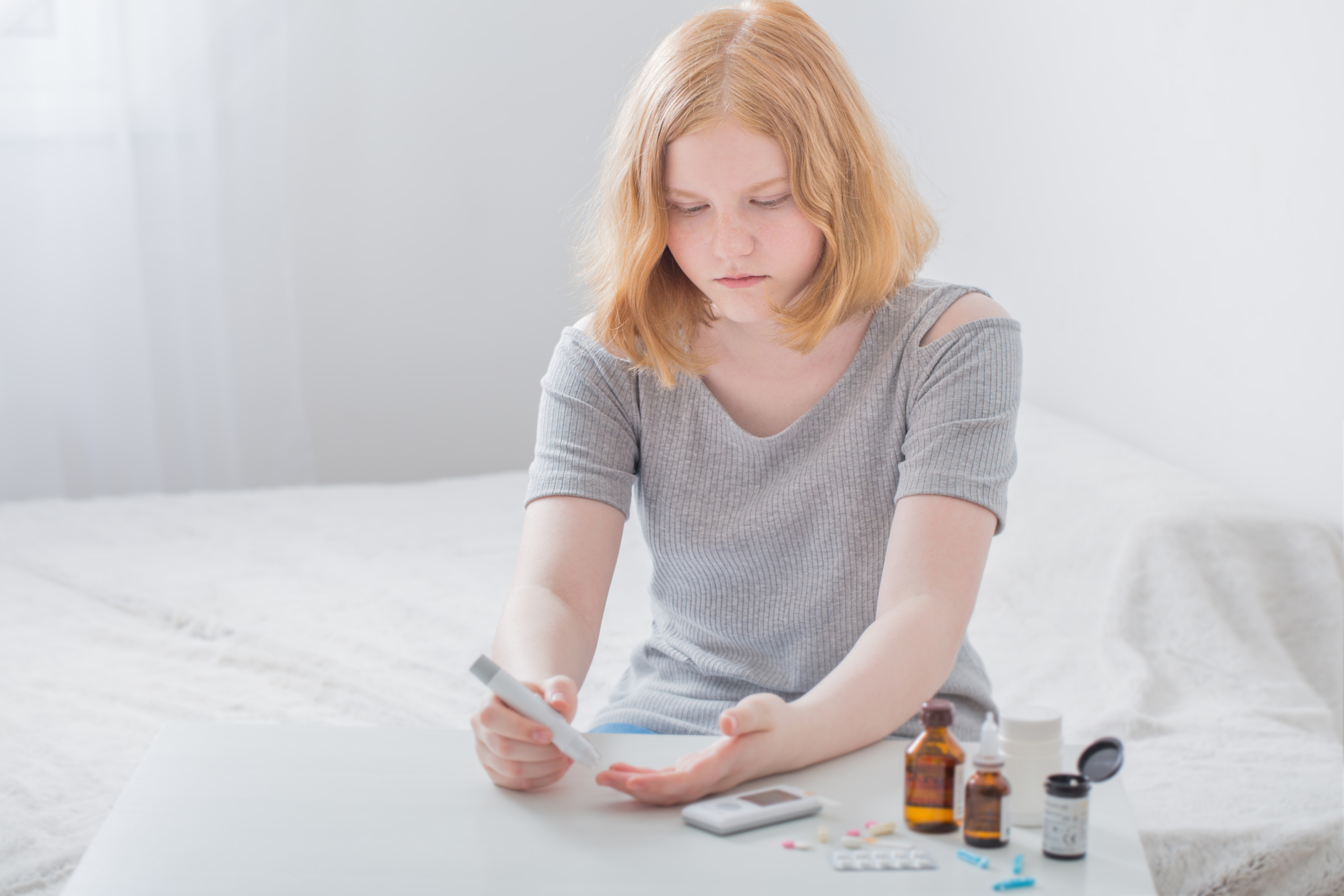Dr Keely Bebbington
Characterising moment-to-moment fluctuation in stress, anxiety and blood glucose levels in children and adolescents with Type 1 Diabetes
Dr Keely Bebbington from the Children's Diabetes Centre, Telethon Kids Institute was awarded a 2019 Cockell Research Collaboration Award.
Dr Keely Bebbington is a McCusker Research Fellow working on Type 1 Diabetes (T1D) at the Telethon Kids Institute.
It is now well documented that children and adolescents with Type 1 Diabetes are at greater risk for psychological disorders than young people without diabetes. Understanding the interplay between stress and anxiety, blood glucose levels and diabetes-related behavioural responses is essential for the development of effective interventions. However, to date, research in this area has failed to shed light on how stress, anxiety and blood glucose levels may vary, moment-to-moment.
The primary aim of this study was to investigate changes in stress, anxiety and blood glucose levels throughout the day using a novel technique known as experience sampling methodology (ESM) in combination with continuous glucose monitoring (CGM) technology. To analyse this complex data, Dr Bebbington collaborated with experts in the use of this methodology, based at The Interdisciplinary Center for Psychopathology and Emotion Regulation in Groningen, Netherlands. During an 11 day visit to Groningen, the researchers explored novel statistical approaches to the analysis of this time-series data.
The key findings of this research were that increases in state anxiety precede increases in sensor glucose levels. There was also considerable variability between individuals in the size of this effect. Additionally, this data can reveal individual differences in these associations which is vital information in the development of personalised interventions in this population and will allow further investigations of what works, for whom
and in what context. The findings from this collaborative study are currently in preparation for publication.
These findings were presented at the American Diabetes Association Scientific Sessions in San Francisco in June 2019. At these sessions, Dr Bebbington was able to connect with experts in the area of mental health and Type 1 Diabetes, laying the groundwork for future collaborations.

